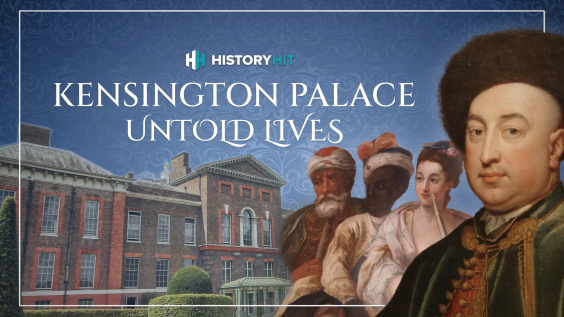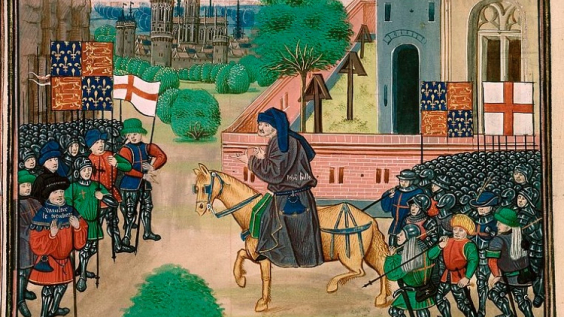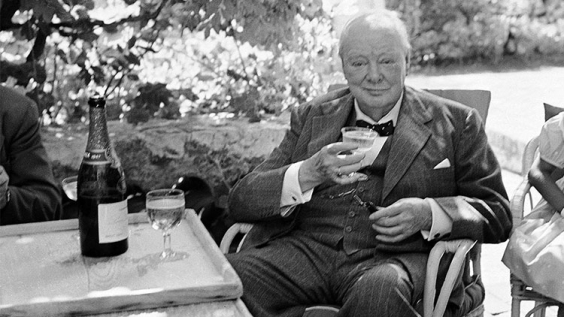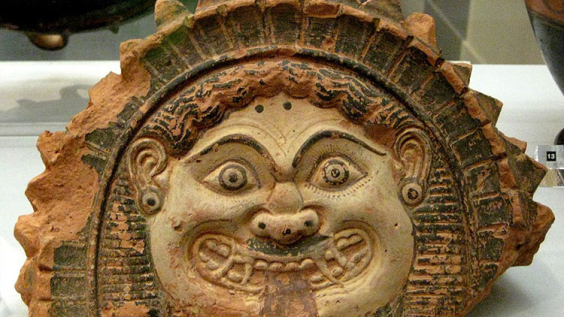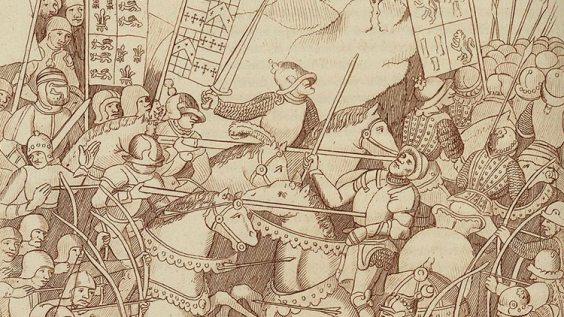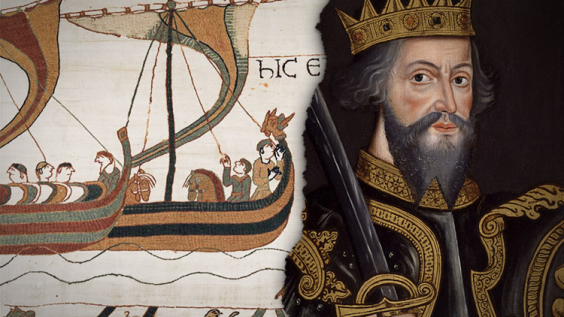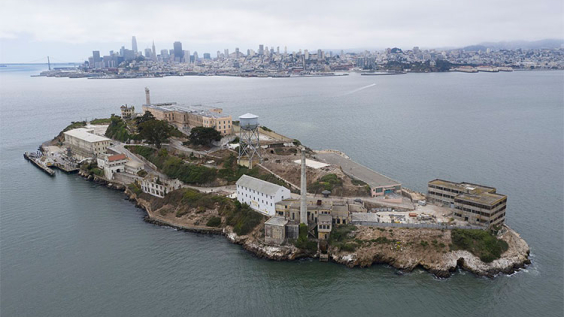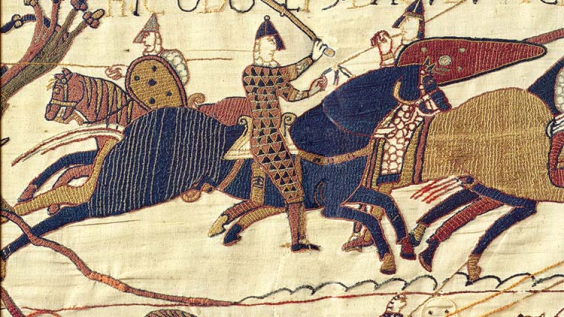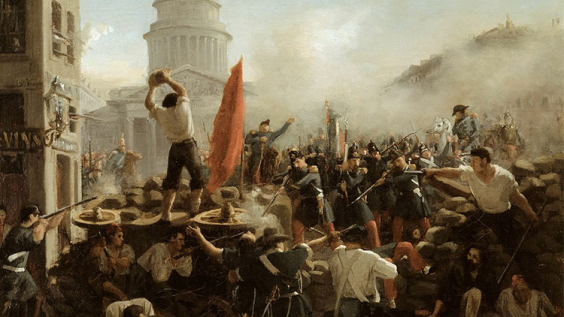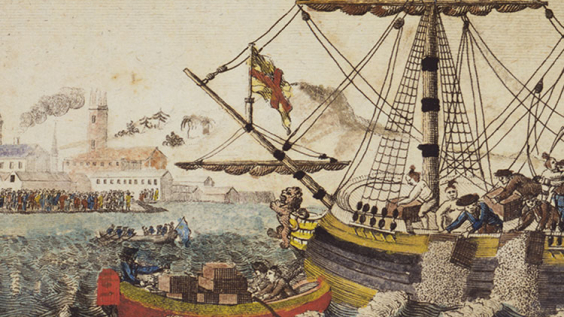
In 1914, the Middle East was largely controlled by the Ottoman Empire. It ruled over what is now Iraq, Lebanon, Syria, Palestine, Israel, Jordan and parts of Saudi Arabia, and had done so for half a millennium. However, following the outbreak of World War One in the summer of 1914, the Ottomans made the fateful decision of siding with Germany and the other Central Powers against Britain, France and Russia.
At this point, the Ottoman Empire had been on the decline for several decades and Britain saw it as the chink in the Central Powers’ armour. With this in mind, Britain began formulating plans to go after the Ottomans.
Arab nationalism

Find out more about Britain’s deal with Hussein bin Ali, pictured, in the documentary Promises and Betrayals: Britain and the Struggle for the Holy Land.Watch Now
After failing to make any meaningful progress in the Gallipoli campaign of 1915, Britain turned its attention towards stirring Arab nationalism in the region against the Ottomans. Britain made a deal with Hussein bin Ali, Sharif of Mecca, to grant Arab independence in the event of an Ottoman defeat. The objective was to create a unified Arab state stretching from Syria to Yemen.
Hussein and his sons Abdullah and Faisal began amassing a force to take on the Ottomans. This force would be led by Faisal and become known as the Northern Army.
The Sykes-Picot Agreement
But in May 1916, a secret agreement was made between Britain and France that ran contrary to Britain’s deal with Hussein. This was known as the Sykes-Picot Agreement, after the diplomats involved, and planned for a division of Ottoman areas in the Levant between France and Britain.
Under the deal, which Tsarist Russia was also privy to, Britain would gain control of most of modern-day Iraq and Jordan and ports in Palestine, while France would gain modern-day Syria and Lebanon.
Unaware of this deal being made behind their backs, Hussein and Faisal declared independence and in June 1916, the Northern Army launched an attack on the Ottoman garrison at Mecca. The Arab forces eventually captured the city and began pushing north.
Britain, meanwhile, had launched its own campaigns to the east and west — one from Egypt aimed at securing the Suez Canal and the Levant, and another from Basra aimed at securing the oil wells of Iraq.
The Balfour Declaration
 Watch Now
Watch NowIn November 1917, Britain took another action that ran contrary to its promises to the Arab nationalists. In an attempt to win over another group seeking their own state, the British government declared its support for a Jewish homeland in Palestine in a letter sent by the then British foreign secretary, Arthur Balfour, to British Jewish leader Lionel Walter Rothschild.
Britain’s double-dealing soon caught up with them. Just days after Lord Balfour’s letter was sent, the Bolsheviks had seized power in Russia and within weeks would publish the secret Sykes-Picot Agreement.
Britain makes gains
But even as Britain was dealing with the fallout from this revelation, it was making headway on the ground, and in December 1917 British-led forces captured Jerusalem. Meanwhile, Hussein seemed to accept British assurances that it still supported Arab independence and continued to fight on the side of the Allies.
Together, Faisal’s Northern Army and British-led forces pushed the Ottoman troops up through Palestine and into Syria, capturing Damascus on 1 October 1918. Prince Faisal wanted to seize this newly captured land for his promised Arab state. But, of course, Britain had already promised Syria to France.
The end of the war
 Watch Now
Watch NowOn 31 October the Ottomans were finally defeated by the Allies, with World War One ending altogether the following day.
With Britain and France the victors, they were more or less free to now do with the Middle East as they saw fit and would eventually renege on the promises made to Hussein and Faisal in favour of an outcome clearly based on the Sykes-Picot Agreement.
Under a mandate system designed to share out responsibility for the former territories of the Central Powers between the Allies, Britain was given control of Iraq and Palestine (which included modern-day Jordan) and France was given control of Syria and Lebanon.
The Jewish nationalists would fare better than their Arab counterparts, however. The Balfour Declaration was incorporated into the British mandate for Palestine, with Britain required to facilitate Jewish immigration to the area. This, as we know, would lead to the creation of the state of Israel, and with it a conflict that continues to shape Middle Eastern politics today.



